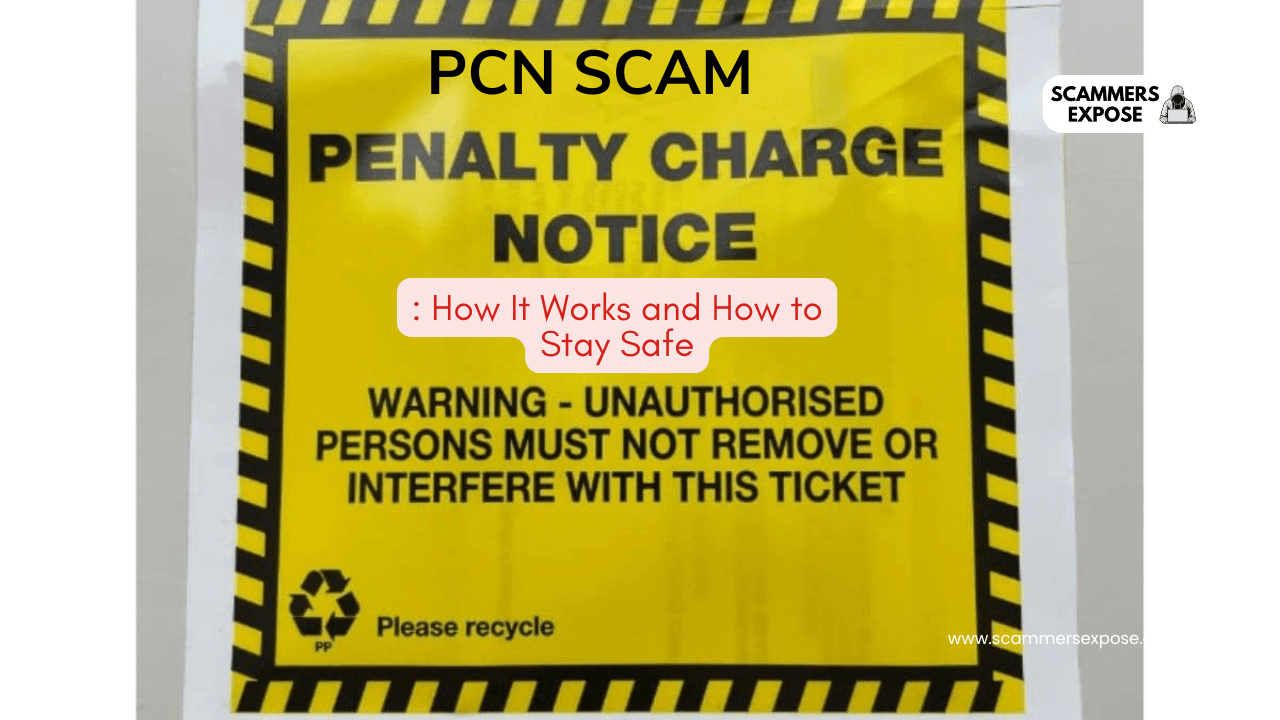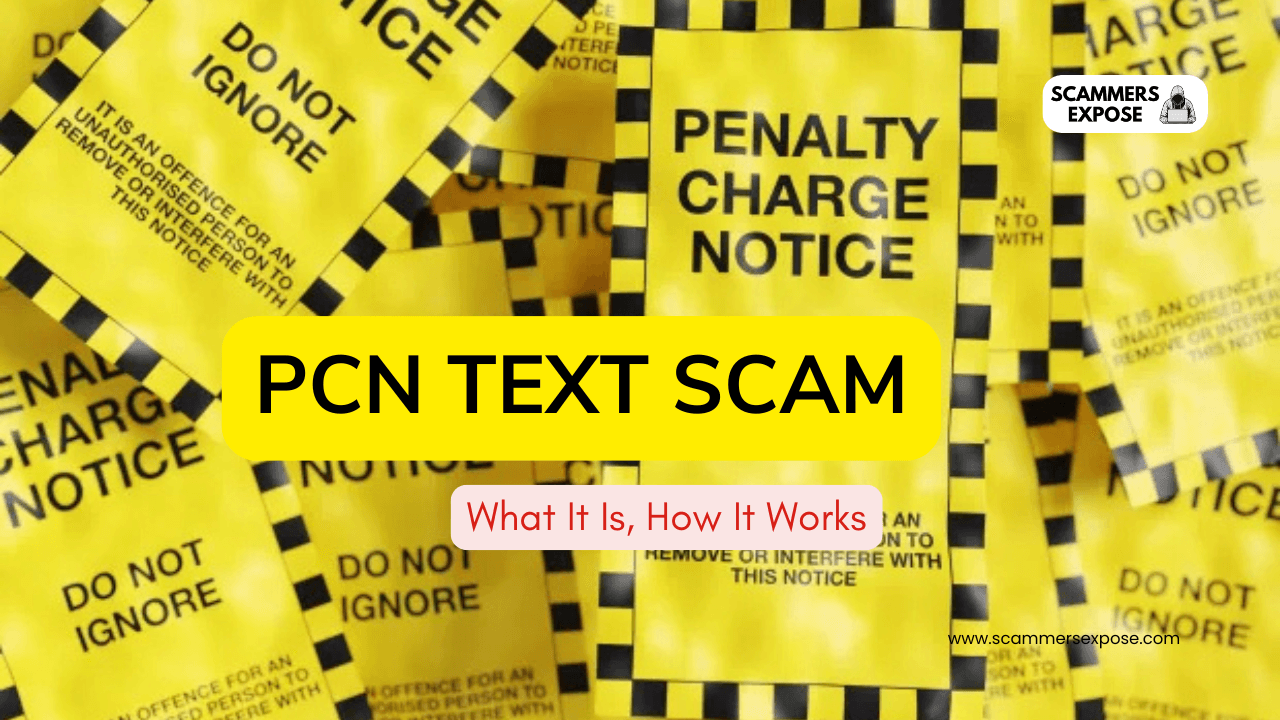Civil Car Coverage Scam warnings are becoming more prevalent as fraudulent insurance schemes target unsuspecting drivers. These scams often promise low-cost coverage but leave consumers vulnerable without proper protection. Understanding the tactics used in a Civil Car Coverage Scam can help you recognize the red flags and avoid becoming a victim. In this post, we’ll explore the common warning signs of these scams and provide actionable tips to ensure you stay protected.
What is Civil Car Coverage?
Civil car coverage is often misunderstood and can be a potential gateway for scams, especially as many fraudulent websites or companies exploit the lack of clarity surrounding it. This section focuses on explaining civil car coverage and its relevance to consumers, often used in conjunction with a Civil Car Coverage Scam.
Defining Civil Car Coverage
Civil car coverage typically refers to the insurance coverage provided for accidents that involve civil liability, such as when you are at fault and cause damage to another person’s vehicle or property. However, many scam websites misuse this concept, offering misleading services that target unsuspecting drivers.
Key aspects of civil car coverage:
- Third-party Liability Coverage: Covers damages to another person’s property or vehicle.
- Medical Liability: In some cases, civil car coverage includes protection for medical expenses resulting from an accident you caused.
- Compensation for Legal Fees: If legal action is taken against you after an accident, some policies will cover the associated costs.
Civil Car Coverage vs. Full Car Insurance
It’s crucial to differentiate between legitimate civil car coverage and full car insurance. Scammers often use the term civil car coverage to trick consumers into believing they are purchasing full coverage, but the plan may be very limited or non-existent. Always verify that the coverage meets your needs.
- Civil Car Coverage: Limited to liability and often doesn’t cover damage to your own vehicle.
- Full Coverage: Includes both liability and collision or comprehensive coverage for your own vehicle as well.
Civil Car Coverage Scam: Key Points
Scammers have been increasingly targeting consumers through civil car coverage scams, promising low-cost insurance that appears legitimate but lacks actual protection. These scams are often spread through online ads, unsolicited emails, and fake comparison sites.
Here are several warning signs:
- Misleading Claims: Many civil car coverage scam sites promise “cheap insurance” without specifying the coverage limits or fine print.
- High-Pressure Sales Tactics: Scammers often push for immediate decisions, preventing you from thoroughly reviewing the policy details.
- Excessive Personal Information Requests: Legitimate insurance companies will not ask for sensitive personal details like social security numbers upfront. If you encounter a site or agent requesting too much information, it may be a scam.
- Unsolicited Communications: Cold calls, spam emails, or messages offering you car insurance deals without prior inquiry are common tactics in a civil car coverage scam.
Primary Features of Civil Car Coverage Scams
Understanding the common tactics of scammers can help avoid falling victim to a civil car coverage scam.
- No Physical Office Location: Scam insurance companies often have no real offices or provide vague contact information.
- Fake Licensing: Always verify whether the insurance provider is registered and licensed by your state’s Department of Insurance. Many civil car coverage scams operate with fake or nonexistent licenses.
- Unverifiable Reviews: Fake companies often use false positive reviews or testimonials on their websites to appear legitimate. Research reviews on third-party sites.
How to Spot a Civil Car Coverage Scam
Here are some common indicators to help you spot a scam:
- Unbelievably Low Rates: Offers that seem too good to be true often are. Scammers use these tactics to lure in victims.
- No Clear Terms and Conditions: Legitimate insurance providers will always offer clear documentation of what is and is not covered.
- Overreliance on Online Ads: Scam companies frequently promote their services through low-quality online ads or social media, targeting drivers looking for cheaper options.
When shopping for car insurance, always verify the authenticity of the provider. Conduct thorough research, check the company’s reputation, and review all documentation to avoid falling victim to a civil car coverage scam.
How Civil Car Coverage Scams Operate
Civil car coverage scams have become a widespread issue, preying on unsuspecting consumers searching for affordable car insurance. Scammers use various tactics to lure victims into purchasing fake policies or enrolling in services that offer little to no coverage. Understanding how these scams operate is crucial to avoiding becoming a victim of the Civil Car Coverage Scam.
The Mechanics of Civil Car Coverage Scams
These scams often function by exploiting the complexities of auto insurance and leveraging the trust consumers place in online services. Scammers create websites or operate as fake insurance agents, offering what appears to be legitimate civil car coverage, but their intent is to deceive and defraud.
Common strategies include:
- Fake Insurance Websites: Many scams are perpetrated through websites designed to look like legitimate insurance providers. They often mimic established companies but offer fraudulent policies under the guise of civil car coverage.
- Unsolicited Offers: Scammers frequently reach out via phone, email, or social media, offering enticingly low insurance rates. These offers usually lack transparency and rush the consumer into providing personal information or making payments.
- Referral Schemes: Some civil car coverage scams operate by collecting your personal details and selling them to third-party marketers or affiliates, leading to a barrage of spam calls and emails.
Techniques Used by Scammers
The goal of the scammer is to collect your money while providing little or no actual insurance coverage. Here are some of the ways they operate:
- Bait-and-Switch Tactics: The scam may involve advertising full coverage but only providing limited civil car coverage, leaving policyholders exposed in the event of an accident.
- Unrealistically Low Rates: Promising civil car coverage at extremely low prices is a common red flag. These offers often come with vague terms, and once paid, victims realize they have no valid insurance.
- Pressure Tactics: Scammers may use high-pressure tactics to get consumers to make quick decisions, preventing them from thoroughly reviewing the terms and conditions.
Red Flags in Civil Car Coverage Scams
It’s essential to be aware of the warning signs that indicate a potential civil car coverage scam:
- No Verification of Licenses: Legitimate insurance companies are licensed and regulated. If the provider does not readily show its licensing information, it could be part of a civil car coverage scam.
- Vague or Hidden Terms: Scammers often hide crucial details about the policy in fine print or offer vague explanations about the coverage. This allows them to avoid responsibility when a claim is made.
- Payment Methods: Be cautious if a company insists on payment via wire transfers, prepaid cards, or other non-traceable methods. Legitimate insurers accept secure, traceable payment options like credit cards or checks.
Civil Car Coverage Scam Warning Signs
Recognizing the early indicators of a civil car coverage scam can save you time and money. Here are some common signs:
- No Physical Address or Contact Information: Legitimate insurance providers will have a clear business address and customer service contacts. Many scam sites lack this transparency.
- Excessive Personal Data Requests: Scammers may ask for more personal data than necessary for an insurance policy. If you are asked for a social security number upfront, proceed with caution.
- No Paper Trail: Scams often avoid providing official documentation. Always ask for a copy of the policy and confirmation of payment when dealing with an insurance company.
By being aware of how a Civil Car Coverage Scam operates and recognizing the tactics used by scammers, consumers can take steps to protect themselves and avoid falling victim to these schemes.
Common Red Flags to Watch Out For
When it comes to identifying a Civil Car Coverage Scam, recognizing the red flags is essential to avoiding fraud. Scammers often use specific tactics designed to mislead consumers into believing they are purchasing legitimate car coverage. By learning these warning signs, you can protect yourself and avoid falling victim to these schemes.
Unrealistically Low Rates
One of the most common red flags in a Civil Car Coverage Scam is the promise of extremely low insurance rates that seem too good to be true. Scammers often advertise heavily discounted prices to lure potential customers into making hasty decisions. These low rates often come with vague details and limited coverage, which won’t adequately protect you in the event of an accident.
- Tactic: Unrealistic promises of major savings or discounts.
- What to watch for: No breakdown of coverage or fine print indicating significant exclusions.
Lack of Clear Contact Information
Legitimate car insurance providers will always have clear and easily accessible contact information, including phone numbers, email addresses, and physical office locations. A Civil Car Coverage Scam often lacks this transparency, with websites or agents providing little to no contact details, or offering fake phone numbers that don’t work when you try to call for support.
- Tactic: Minimal or hidden contact information.
- What to watch for: Websites that do not provide a customer service number or list only generic email addresses.
No License Verification
Reputable insurance companies are required to be licensed in the states where they operate. If you cannot verify the company’s licensing through state or national regulatory bodies, this is a major red flag. Many Civil Car Coverage Scams operate without any legitimate business registration or insurance licensing.
- Tactic: Falsified or missing licensing information.
- What to watch for: Inability to verify the company’s credentials through official insurance databases.
Aggressive Sales Tactics
Scammers often rely on high-pressure tactics to push potential victims into making quick decisions. These tactics include unsolicited calls, emails, or messages that demand immediate action. A Civil Car Coverage Scam might involve time-sensitive offers that claim the low rate is only available for a limited time, pressuring you to act without thoroughly reviewing the details.
- Tactic: Urgency and high-pressure sales tactics.
- What to watch for: Phrases like “limited time offer” or “only available today” without providing enough time to consider the details.
Poor Online Reviews or Complaints
Always research a company before purchasing any insurance policy. Many scam operations have numerous negative reviews or complaints from previous victims. Searching for reviews of the company on third-party platforms like the Better Business Bureau or Trustpilot can reveal whether others have fallen for a Civil Car Coverage Scam.
- Tactic: Poor ratings on customer review sites.
- What to watch for: Consistent complaints of lack of coverage, bad customer service, or issues with claims.
Vague or Missing Terms and Conditions
Legitimate insurance companies provide comprehensive terms and conditions that outline the coverage details, limitations, and exclusions of the policy. Scammers operating a Civil Car Coverage Scam will either hide this information or present it in a way that is difficult to understand, often to avoid accountability later when the policyholder tries to file a claim.
- Tactic: Confusing or incomplete policy information.
- What to watch for: Contracts without clear details on coverage, deductibles, and exclusions.
By staying alert for these red flags, you can avoid falling victim to a Civil Car Coverage Scam. Always do your due diligence when researching insurance providers and take your time to understand the details before making any decisions.
How to Protect Yourself from Civil Car Coverage Scams
A Civil Car Coverage Scam can easily trick consumers into believing they are purchasing valid car insurance, but there are several ways to protect yourself from becoming a victim. By being aware of common scam tactics and taking proactive steps, you can ensure that you only deal with legitimate insurance providers.
1. Verify the Insurance Provider’s Credentials
Before purchasing any insurance policy, always verify that the insurance provider is licensed and registered with your state’s Department of Insurance. A legitimate company will have clear credentials, while a Civil Car Coverage Scam will often lack the necessary licensing.
- How to verify: Visit your state’s Department of Insurance website and search for the company by name. You can also check for industry accreditations or memberships in professional insurance organizations.
2. Research the Company Thoroughly
It’s important to conduct your own research on any insurance company before providing personal information or making a payment. Look for independent reviews, testimonials, or complaints from other consumers.
- What to look for: A reputable insurance provider will have a solid online presence with numerous reviews on trusted platforms like the Better Business Bureau or Trustpilot. A Civil Car Coverage Scam will often have negative reviews or a lack of information altogether.
3. Avoid Unsolicited Offers
One of the most common tactics used in a Civil Car Coverage Scam is unsolicited offers. Scammers often contact potential victims through phone calls, emails, or even social media ads, offering insurance deals that seem too good to be true.
- How to respond: If you receive an unsolicited offer, do not engage or provide any personal information. Always initiate contact with a provider yourself through official channels.
4. Look for Red Flags in Communication
Scam insurance companies often use high-pressure tactics to force a quick decision. They may claim that the offer is time-sensitive or try to rush you into signing up without fully reviewing the terms.
- Red flags include:
- Pushing for immediate payment.
- Limited time offers that pressure you to act quickly.
- No option to review policy documents before agreeing.
5. Verify Policy Details
A legitimate insurance provider will provide clear, detailed policy information before you sign any contracts. A Civil Car Coverage Scam may withhold policy details, bury important information in fine print, or provide vague descriptions of the coverage.
- What to check:
- The scope of the coverage.
- Deductibles, premiums, and exclusions.
- Official terms and conditions that specify what is and isn’t covered.
6. Secure Payment Methods
When making a payment for your car insurance policy, ensure the payment method is secure and traceable. Scam companies may ask for payment through methods that are difficult to trace, such as wire transfers or prepaid debit cards.
- Safe payment options: Use a credit card or a verified payment platform that offers fraud protection. Avoid cash payments or any method that doesn’t provide a clear transaction record.
7. Contact Your State’s Insurance Department
If you’re unsure about a potential Civil Car Coverage Scam, you can contact your state’s insurance department for guidance. They can help you verify the legitimacy of an insurance provider and offer advice on how to proceed.
- How they help: State insurance departments maintain records of licensed providers and can assist in identifying scams or suspicious companies.
By following these steps, you can effectively safeguard yourself from falling victim to a Civil Car Coverage Scam. Always be cautious when dealing with unfamiliar companies and ensure you have all the necessary information before making a commitment.
What to Do If You’ve Been Scammed
If you’ve fallen victim to a Civil Car Coverage Scam, taking immediate action is crucial to minimize financial losses and prevent further damage. Scammers often target consumers by offering fake or substandard coverage, and recognizing the signs after the fact can help you respond effectively. Here are the steps you should follow to address the situation if you’ve been scammed.
1. Contact Your Bank or Credit Card Provider
If you paid for a fraudulent policy, immediately contact your bank or credit card provider to report the transaction. Many financial institutions offer fraud protection and may be able to reverse unauthorized charges made by a Civil Car Coverage Scam.
- What to do: Explain the situation and provide any evidence of the scam, such as emails, payment receipts, or website screenshots.
- Next steps: Ask to initiate a chargeback if payment was made via credit card or request a hold on your account if necessary.
2. File a Report with the Federal Trade Commission (FTC)
Reporting the scam to the FTC can help authorities track down the fraudsters and prevent others from falling victim. The FTC collects information about scams and frauds and works to stop deceptive practices.
- How to report: Visit the FTC‘s website and fill out a report on their fraud page. Provide all relevant details about the Civil Car Coverage Scam including the company name, contact information, and any documents you have.
3. Report to Your State’s Insurance Department
Each state has a Department of Insurance that regulates the insurance industry. If you’ve been scammed by an illegitimate insurance company, reporting the scam to your state’s insurance department is an essential step. They can investigate the company and may even take legal action against fraudulent operators.
- What to include: Provide information about the scam, the false insurance provider, and any policies or agreements you received from them.
- Why it helps: The department can assist in verifying the legitimacy of companies and prevent others from falling into the same Civil Car Coverage Scam.
4. File a Police Report
In cases of significant financial loss due to a Civil Car Coverage Scam, filing a police report can help document the fraud and could be necessary if you want to pursue legal action. Local authorities may also have insight into recent scams in your area and can guide you through the process.
- What to provide: Bring any records of your interactions with the scammer, including emails, contracts, and payment confirmations.
- Benefit: A police report is often required by insurance companies and banks when investigating claims of fraud.
5. Monitor Your Credit and Personal Information
Many Civil Car Coverage Scams involve stealing personal information, which can lead to identity theft. If you provided personal details like your Social Security number, address, or banking information, it’s essential to monitor your credit report for any unusual activity.
- What to do: Contact the major credit bureaus (Experian, Equifax, TransUnion) to place a fraud alert on your account. This ensures that any new credit applications are verified with you directly.
- Next steps: Use identity theft protection services to safeguard your information moving forward.
6. Warn Others About the Scam
By sharing your experience, you can help others avoid becoming victims of the same Civil Car Coverage Scam. Whether it’s through social media, online forums, or consumer protection websites, spreading the word about the scam can prevent further incidents.
- Where to share: Post warnings on consumer review platforms like Trustpilot, Better Business Bureau, or social media groups focused on fraud prevention.
- What to include: Details of how the scam occurred, the tactics used, and advice on how others can avoid the same trap.
By following these steps, you can mitigate the impact of a Civil Car Coverage Scam and help authorities track down those responsible. Taking swift action is crucial to preventing further loss and protecting yourself from future scams.
Alternative Legitimate Car Insurance Options
As the rise of the Civil Car Coverage Scam continues to impact unsuspecting consumers, it’s important to be aware of legitimate car insurance options. When searching for reliable insurance, knowing the right options can save you from falling victim to fraudulent schemes and ensure that you get the protection you need.
1. National Car Insurance Providers
One of the safest ways to avoid a Civil Car Coverage Scam is to choose well-known national insurance providers with established reputations. These companies are licensed, regulated, and offer a range of policies with clear terms and reliable customer service.
- Examples of trusted national providers:
- State Farm: Known for its comprehensive coverage options and strong customer service.
- Geico: Offers affordable policies with a wide variety of coverage, including liability, collision, and comprehensive.
- Progressive: Popular for its competitive pricing and discount options.
Choosing a national provider not only protects you from scams but also ensures you have access to a wide network of service providers for claims.
2. Regional or Local Insurance Providers
In addition to national companies, there are many regional and local insurance providers that offer reliable car coverage. These companies often provide more personalized service and may specialize in coverage options tailored to specific state regulations or local needs.
- Advantages of local providers:
- Greater flexibility in policy terms.
- More personalized customer service.
- Familiarity with local driving laws and conditions.
While regional companies may be smaller than national insurers, they are often well-regulated by state authorities, making them a safer alternative than a Civil Car Coverage Scam.
3. Direct-to-Consumer Insurance Providers
Many consumers prefer purchasing insurance directly from the provider, cutting out middlemen or agents. Direct-to-consumer insurance companies offer easy-to-navigate platforms where you can compare quotes, customize coverage, and manage your policy online.
- Examples of direct-to-consumer providers:
- Esurance: Known for its user-friendly digital platform and customizable coverage options.
- Lemonade: Offers modern insurance services with a focus on technology and transparency.
- Root Insurance: Specializes in providing car insurance based on individual driving behavior, offering personalized rates.
These companies often provide transparency and convenience, helping you avoid falling into a Civil Car Coverage Scam trap.
4. Insurance Brokers
Using an insurance broker can also help you avoid scams while ensuring that you find the best car coverage for your needs. Brokers act as intermediaries between you and multiple insurance companies, providing you with various quotes and helping you select the right policy.
- Benefits of using an insurance broker:
- Access to multiple policy options from different insurers.
- Expert advice on choosing the best coverage for your needs.
- Brokers are licensed and regulated, ensuring you’re dealing with a legitimate service provider.
Working with a licensed insurance broker can give you peace of mind and prevent you from encountering a Civil Car Coverage Scam.
5. Usage-Based Insurance Providers
Another alternative to traditional car insurance is usage-based insurance (UBI), where premiums are determined by your driving behavior. This can be a great option for drivers looking to save money while ensuring they are covered by a legitimate policy.
- Popular UBI providers:
- Metromile: Offers pay-per-mile insurance, which is perfect for low-mileage drivers.
- Allstate’s Drivewise: Monitors driving habits and offers discounts based on safe driving.
Usage-based insurance is transparent, and these providers are well-regulated, making it a safe option compared to falling into a Civil Car Coverage Scam.
6. Online Comparison Tools
Many consumers fall victim to a Civil Car Coverage Scam by not properly comparing their insurance options. Using reputable online comparison tools can help you see multiple quotes from legitimate insurance providers, ensuring you get the best deal without the risk of scams.
- Recommended comparison tools:
- The Zebra: Allows you to compare car insurance quotes from a wide range of trusted providers.
- Compare.com: Offers easy comparison features and lets you see real-time rates from major insurers.
These tools give you a broad view of available options and help you avoid potentially fraudulent companies posing as insurance providers.
By exploring these legitimate car insurance options, you can ensure that you avoid the pitfalls of a Civil Car Coverage Scam while securing the protection you need for your vehicle.
Visit our news section to stay updated with the latest developments in the case. For more insights into financial fraud and investor protection, visit Scammers Expose.










Leave a Reply